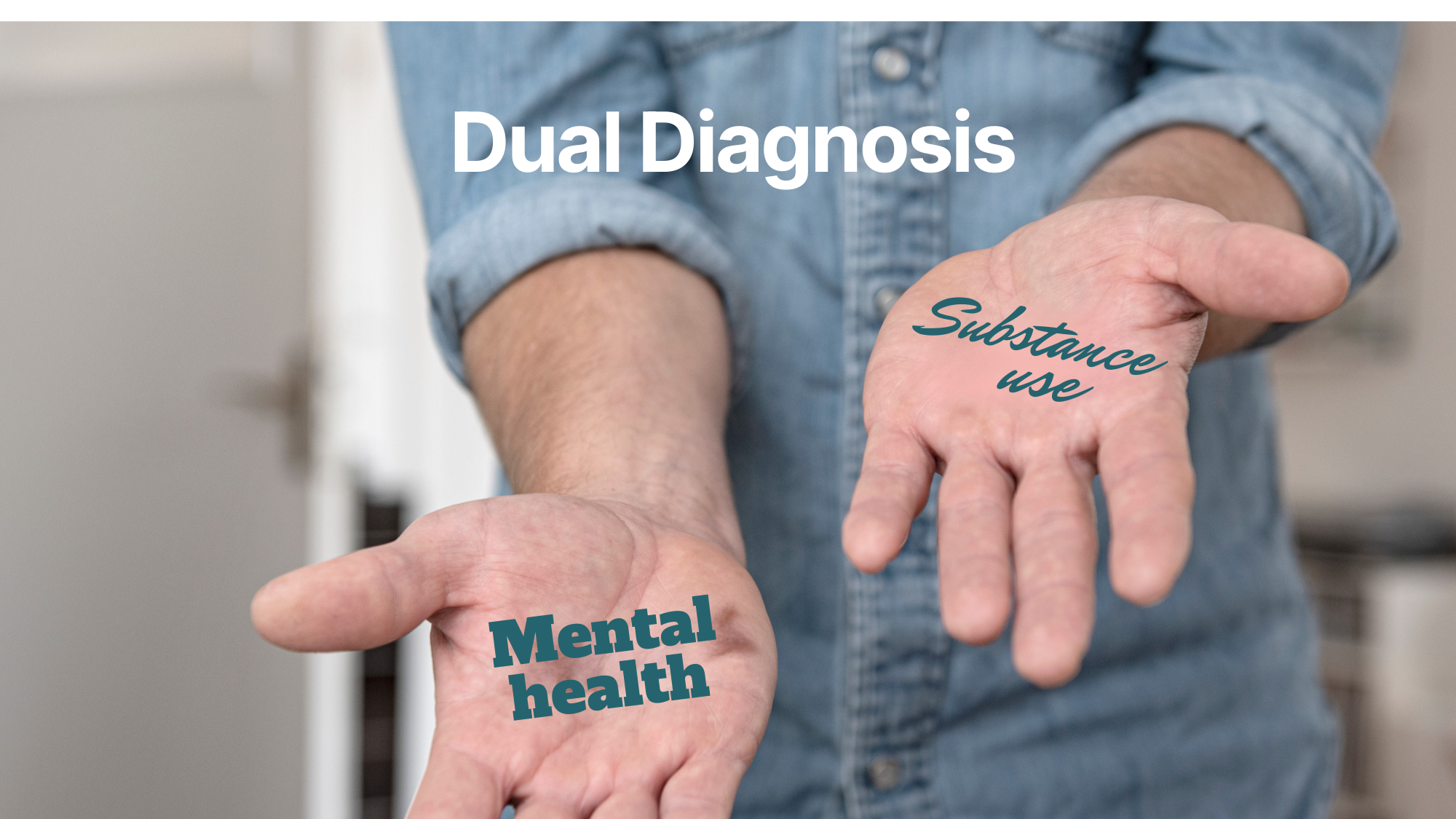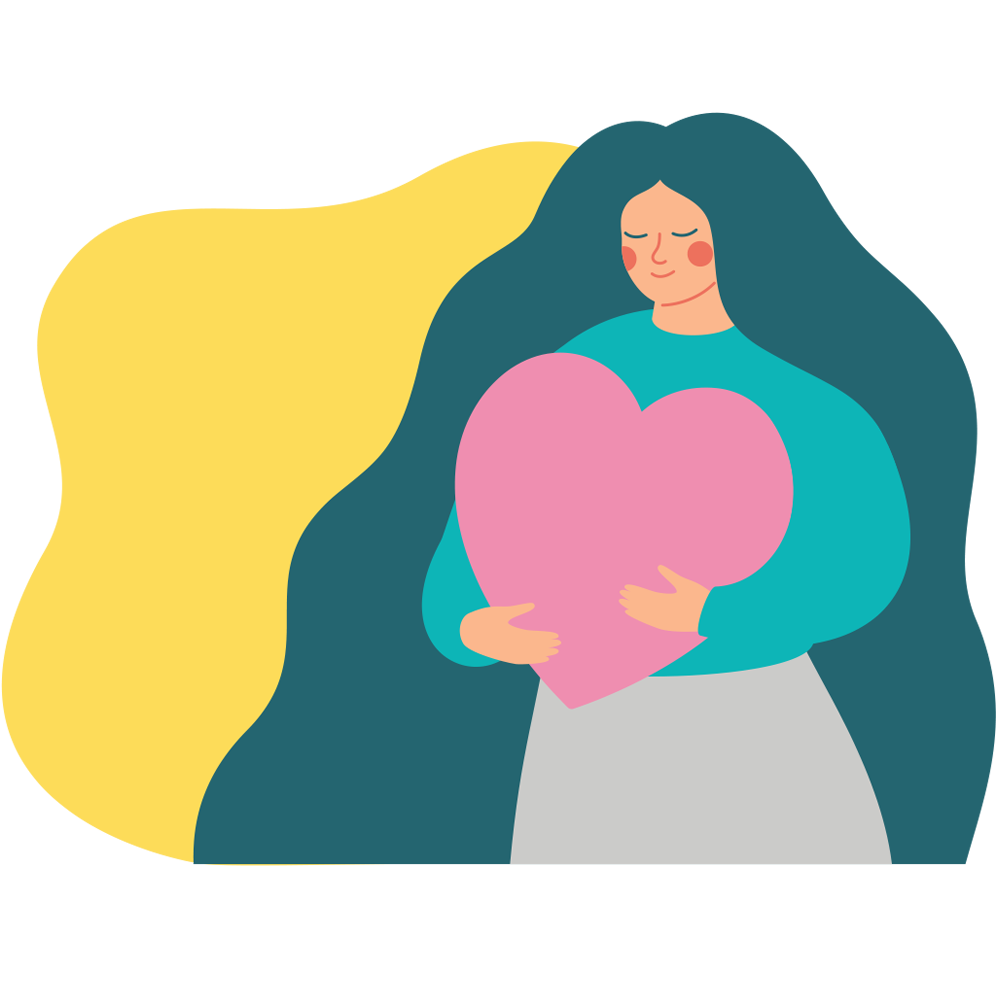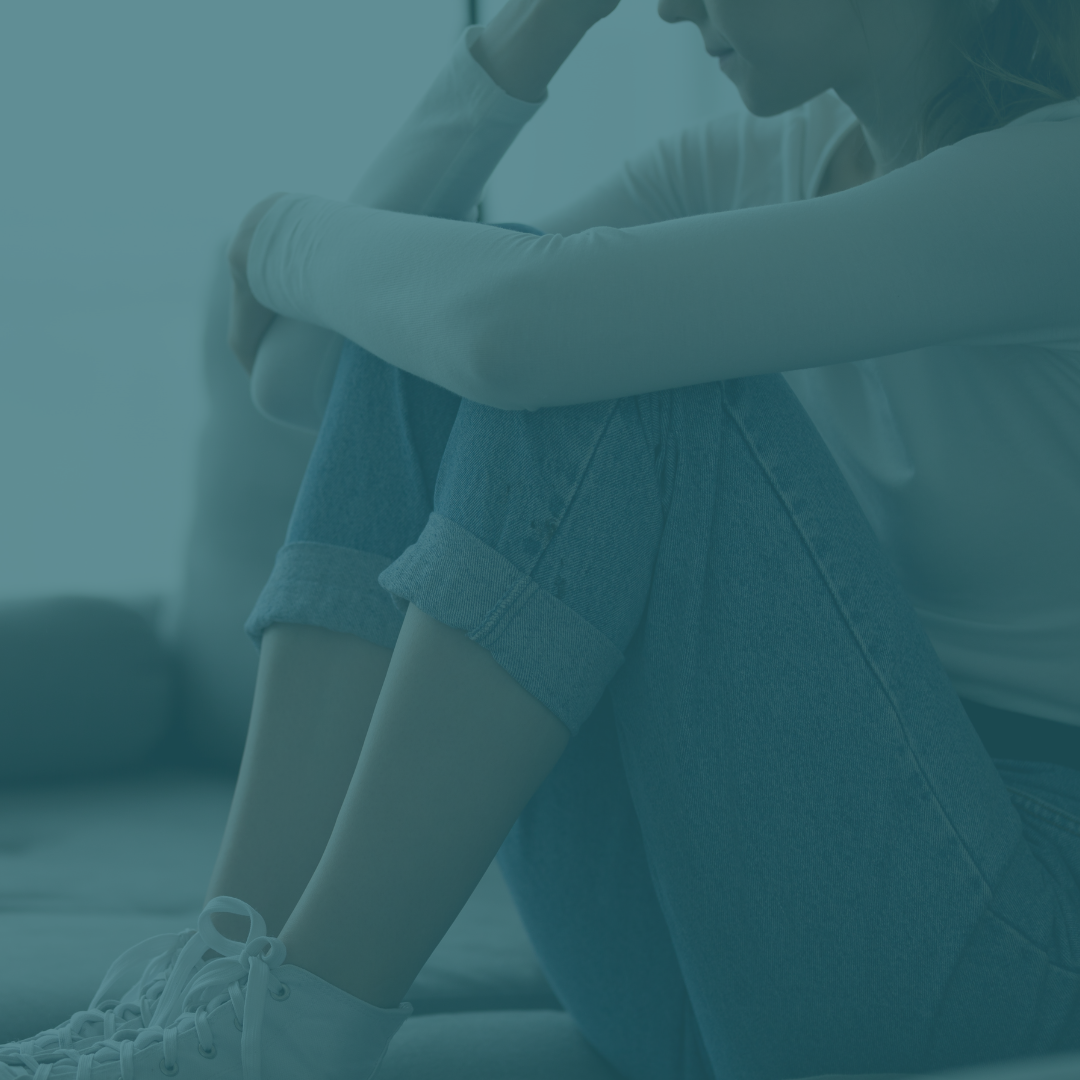
Author
Summary
Joined by Dr. Lucia Porta-Cubas, a psychiatrist at South Coast Private with a special interest in women's mental health, the two experts explore the unique challenges and complexities women face during this often-difficult transitional phase.
As Gabby points out, "for many women, the years leading up to menopause aren't just about physical changes. Mood can also be affected, sometimes quite severely."
This insightful discussion delves into the emotional and psychological aspects of perimenopause, shedding light on how this period can impact mental health, often in ways that are not widely understood or acknowledged.
Understanding Perimenopause
Perimenopause is the period leading up to menopause, marked by fluctuating hormone levels and a range of physical and emotional symptoms. Dr. Lucia Porta-Cubas explains, that it’s a time when the reproductive system starts to wind down, and this can lead to irregular menstrual cycles, mood swings, and other changes. She adds, "the ovaries have a lifetime, and they start to not work as readily or regularly."
The Mental Health Connection
The conversation highlights the significant impact of hormonal changes on mental health. "Estrogen is crucial for neurotransmitter function," notes Dr. Lucia Porta-Cubas. "When levels drop, it can lead to mood changes, anxiety, and even depression." Gabby shares, "It's important to start thinking about it because it kind of sneaks up on people."
Hormone Replacement Therapy (HRT)
While HRT has been controversial, recent advancements have made it a viable option for many women. "The fear surrounding HRT is subsiding," says Dr. Lucia Porta-Cubas. "Transdermal gels and patches are safer and can help alleviate symptoms." She emphasises, "it's part of the puzzle, and they can have like any other medications pros and cons."
Self-Care and Prevention
Gabby and Dr. Lucia Porta-Cubas emphasise the importance of self-care and early intervention. "It's about taking stock and prioritising your health," Gabby advises. "Start with small changes, like exercise and a balanced diet, to support your well-being." Dr. Lucia Porta-Cubas adds, "we need to look after ourselves because we're looking after everyone else."
The Sandwich Generation
The discussion also touches on the unique challenges faced by the sandwich generation. "We're sandwiched between the generations," Gabby explains, "juggling careers, children, and aging parents." Dr. Lucia Porta-Cubas notes, "perimenopausal depression can sneak up on people, and because the symptoms aren't necessarily as pronounced, it kind of gets missed."
Conclusion: Empowering Women Through Awareness
Perimenopausal depression is a complex issue, but with awareness and proactive measures, women can navigate this phase with greater ease. As Dr. Lucia Porta-Cubas concludes, "it's never too late to start taking care of yourself and setting a positive example for future generations." Gabby adds, "We are the glue of society, and it's important to model self-care for our kids."
Listen to the podcast for practical insights on managing mood changes, understanding hormone shifts, and embracing self-care through every stage of life.

Women’s Wellbeing Program
Whether its perimenopause or not, life brings many changes, and each stage comes with unique challenges, both physically and emotionally. Our Women’s Wellbeing Program is designed to support women through every phase of life, helping them prioritise their mental, emotional and physical health.
Many women spend years giving energy to family, careers, and others, often leaving little time to focus on their own needs. Our half-day Women’s Wellbeing Program takes a holistic approach, combining Cognitive Behavioural Therapy (CBT) and Acceptance and Commitment Therapy (ACT) techniques.
The program guides women on how to begin self-prioritising, helping them create a more balanced and fulfilling life. By addressing the mental, emotional, and physical aspects of wellbeing, participants gain practical strategies to improve resilience, self-care, and overall quality of life.
Learn more about our Women Wellbeing Program
Speak to our day program team by calling 02 4286 6847 or email sco.dayprograms@aurorahealth.com.au
Newsroom
Follow us
Thanks!
Related news stories


